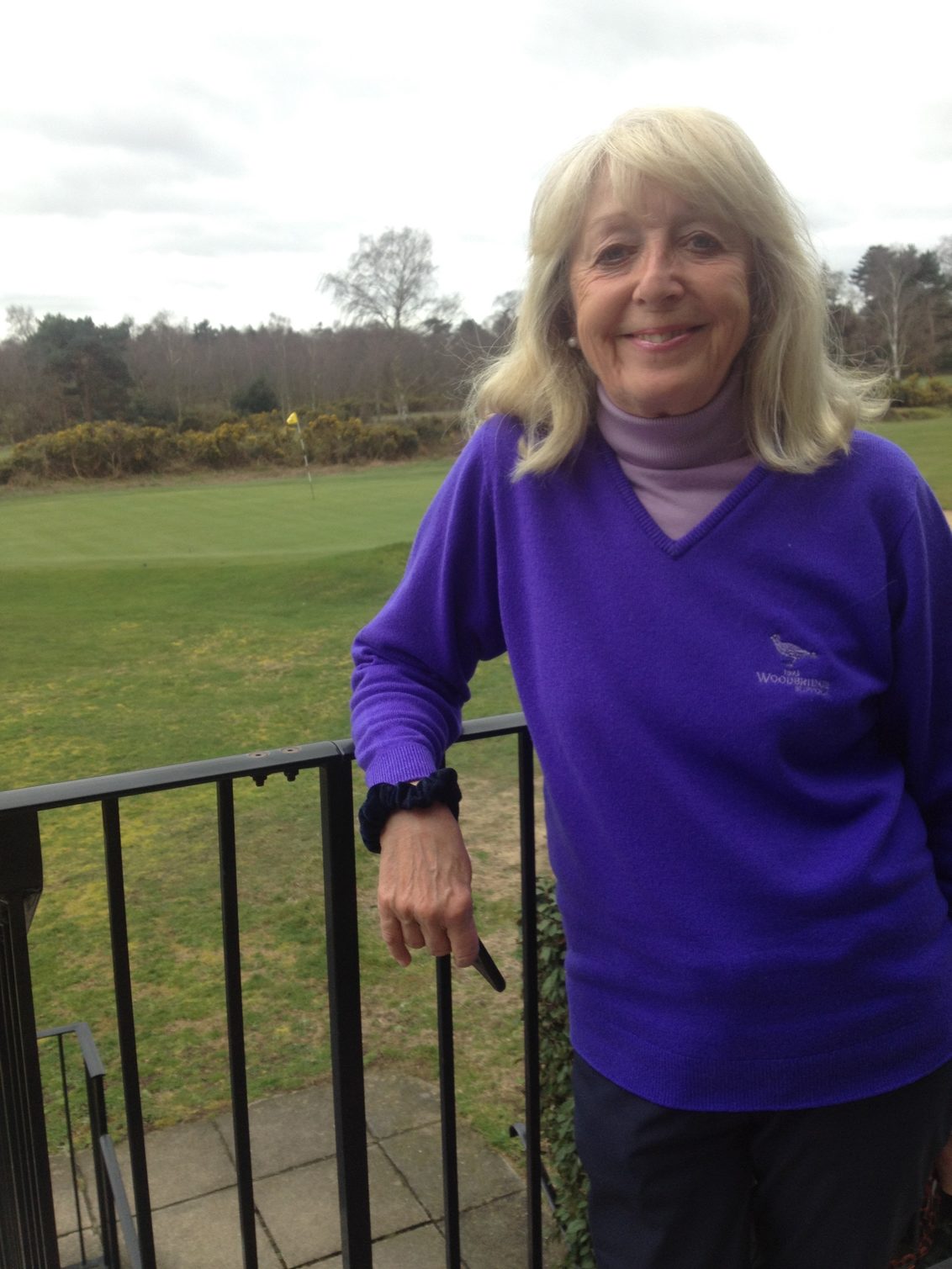How golf helped survive bereavement

Jan Fawdry enjoyed a childhood that many would call idyllic, growing up on a farm in the vast open spaces and rolling green hills of Suffolk, England.
This world suited Jan well, but her desire to forge a career in teaching took her out of the countryside and into the classroom.
Starting out as a teacher, Jan soon progressed through the ranks and became a member of the senior management team at a boarding school in Essex, assuming the responsibility and demands that come with such a position of authority.
“I would seldom get home before 8PM in those days, and would often be on call at the weekends too,” remembers Jan.
Fast-forward the clock to just a few years ago, nearing the end of a long and successful career, when Jan’s husband John began quizzing her on what she would like to do once she retired.
“When he asked,” Jan says, “I realised that, actually, it was never something I had given a great deal of thought to.”
“I’d spent the best part of my working life stuck inside a windowless office, fully engaged with my work and spending very little time outdoors.
“I think, subconsciously, I’d assumed that when the time for retirement came, this was the next phase of my life where I could just get out and enjoy the time and freedom with my husband.”
Sadly, for Jan this was not to be. At the age of 61, she lost her husband to cancer. Suddenly, she had to confront a very different future, and a very different retirement.
“Initially, I just filled my time with work. It’s a natural inclination to busy yourself, thinking that this will somehow be a welcome distraction. But deep down inside, you know it’s not a sustainable form of healing.”
Suffering a bereavement, particularly that of a spouse, is known to greatly increase the risk of developing mental health issues. Jan used her work as an escape and to keep her from sinking, but she could not put off retirement and the changed picture of her life forever.
“When you lose someone so close to you, of course, a piece of you goes with them. While you can never fully heal from something like that, there is also an element of ‘fight or flight’ that kicks in, a need to avoid feeling sorry for yourself and to get out there and do something, something for you.
“Over the years John and I had talked about trying out golf, so I decided to give it a go, and that’s when I came across love.golf.”
The impact of that simple decision would be far-reaching for Jan.
Spending time out on the golf course, meeting like-minded women from a range of different backgrounds, has had a profound influence on her social life – and her confidence.
“The women I’ve met have been truly inspiring, and a fantastic source of support and encouragement, both on and off the golf course.
“Being out on the course with my friends, breathing in fresh air, away from an increasingly fast-moving world – it’s the perfect tonic.”
